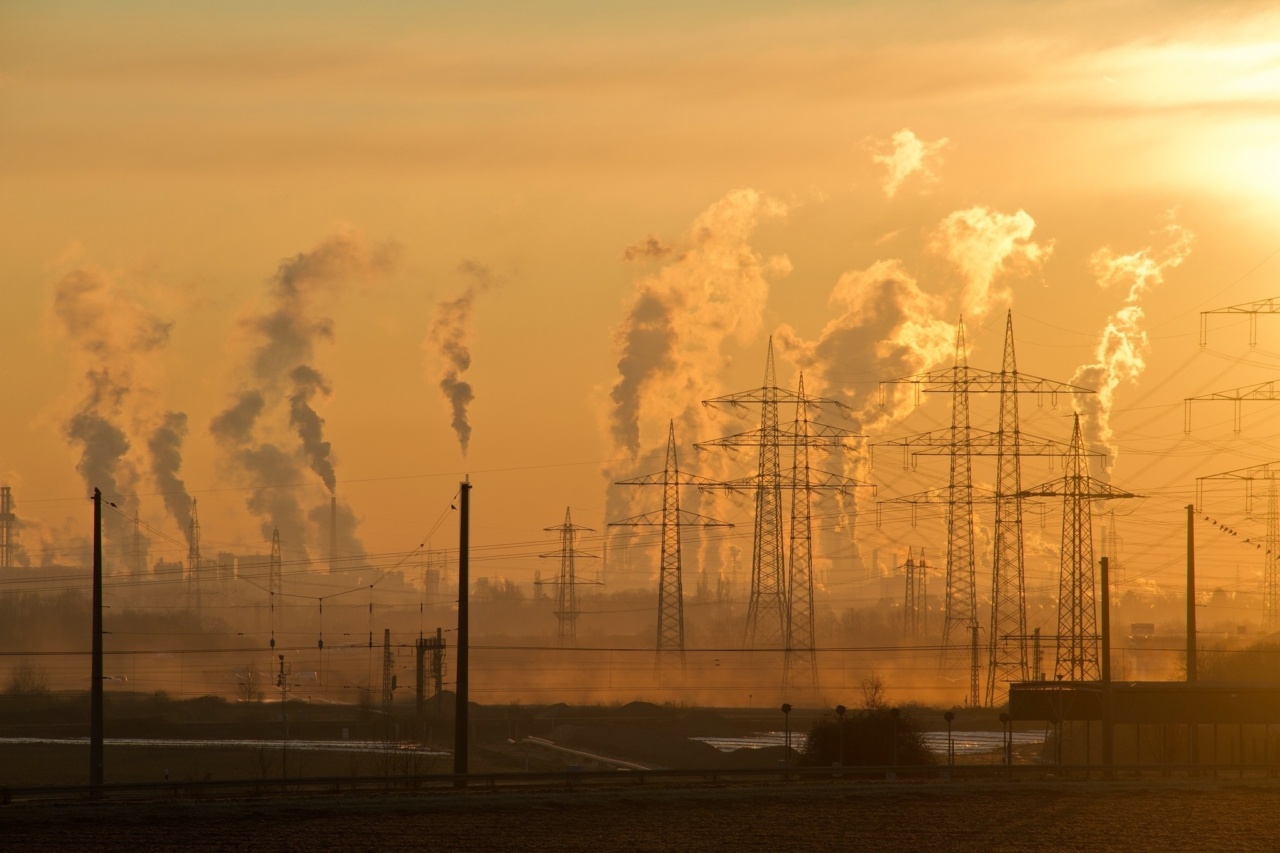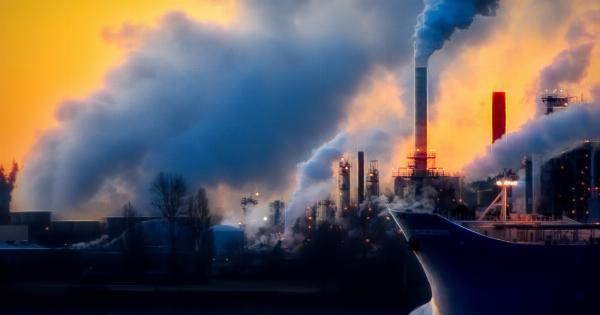It is a common knowledge that air pollution is one of the biggest environmental threats that we face today.
According to the World Health Organization (WHO), 9 out of 10 people breathe polluted air, and every year, 7 million people die from exposure to indoor and outdoor air pollution. While air pollution is a complex problem that involves many factors, one thing is for sure: it is a result of human activities and our choices.
The Blame Game: Who is Responsible for the Toxic Air?
When it comes to air pollution, it is easy to blame others and point fingers. Governments and industries often blame each other for not doing enough to protect the environment, while individuals blame others or the government for not taking action.
While it is true that governments and industries have a significant role to play in reducing air pollution, the reality is that we are all responsible for the toxic air we breathe.
We contribute to air pollution through our daily activities, the way we consume products and services, and the way we commute.
For example, the way we use energy in our homes and workplaces, the way we travel, and the products we use are all sources of air pollution. Our food choices and the way we dispose of waste are also contributing factors.
Even our clothing choices can be a source of air pollution, as the production and transportation of clothes emit harmful gases.
The Toxic Air and Climate Change
Air pollution not only affects our health but also contributes to climate change. The same gases that cause air pollution, such as carbon dioxide and methane, are also responsible for global warming.
Climate change leads to more extreme weather events, loss of biodiversity, and rising sea levels, among other effects.
The link between air pollution and climate change is clear, yet the solutions to both problems are often treated separately. However, it is crucial to address both issues together to create a sustainable future.
The Solution: Taking Responsibility and Making Better Choices
The good news is that we can all take responsibility for reducing air pollution and making better choices for the environment. Here are some practical steps we can take:.
1. Reduce Energy Consumption
We can reduce our energy consumption by using energy-efficient appliances and light bulbs, turning off electronics when not in use, and using public transportation or carpooling instead of driving alone.
2. Reduce Waste
We can reduce waste by recycling, composting, and buying reusable products instead of disposable ones. We can also avoid over-packaged products and choose products with eco-friendly certifications.
3. Eat a Plant-Based Diet
Animal agriculture is a significant contributor to air pollution, as it produces methane and other harmful gases. By eating a plant-based diet, we can reduce our carbon footprint and contribute to a healthier environment.
4. Support Renewable Energy
We can support renewable energy sources, such as solar and wind power, by choosing energy providers that use these sources and investing in renewable energy projects.
5. Support Policy Changes
We can support policy changes that aim to reduce air pollution, such as stricter emission standards for industries and transportation, and investments in clean technology and public transportation.
Conclusion: Our Choices Matter
The toxic air that we breathe is a result of our choices and actions. While it is easy to blame others and point fingers, it is essential to take responsibility and make better choices for the environment and our health.
By reducing our energy consumption, waste, and animal products consumption, supporting renewable energy, and policy changes, we can all contribute to creating a healthier and sustainable future.




























